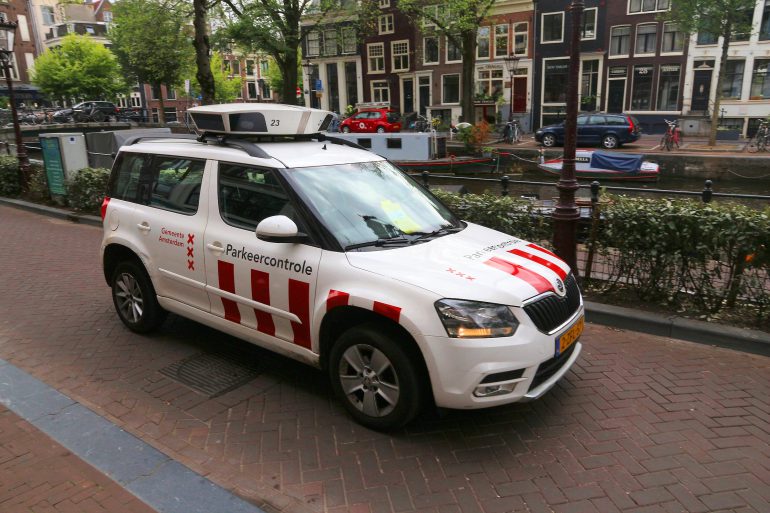Parking fees in Dutch cities are as high as its real estate costs. The rapid rise in parking fees across Dutch cities has ignited frustration among citizens, visitors and professionals alike. Once seen as a peripheral expense, parking costs have now become a major financial burden, particularly at large events such as trade fairs, where the charges have reached levels many consider exorbitant.
A shared burden for all
Whether it’s a local resident trying to park near home or a visitor attending an industry event, the sentiment is strikingly similar: parking is becoming unaffordable. In major cities like Amsterdam, Rotterdam and Utrecht, hourly rates exceeding €5 are no longer uncommon. At trade fair venues, daily parking tickets can soar past €30–€50; a steep cost for attendees already facing high entry fees and travel expenses.
Voices from the ground
Stand builders and logistics suppliers – essential contributors to the trade fair ecosystem – are among the hardest hit. They need to bring in heavy materials and tools, and stay onsite for several hours, sometimes full days. But when they are charged €40 per day just to park their van, it eats away at already narrow margins.
Delivering materials to a trade fair in a box truck costs the same parking fee, no matter how long you stay. Whether you are there for few minutes or few hours, the price does not change. This flat rate is frustrating for stand builders, who say its unfair and does not make sense for short stops.
Public transport isn’t always the answer
While Dutch cities boast strong public transportation networks, many trade fair visitors – especially those from rural areas or neighbouring countries – find car travel more convenient, especially when carrying promotional materials or large products. Suppliers often have no alternative but to drive, and many are now calling for discounted or reserved parking options tailored to business needs.
What’s behind the prices?
Municipalities justify these high parking fees as a tool to reduce traffic congestion and encourage the use of public transport. Utrecht, like many Dutch cities, has committed to becoming more sustainable, and part of that effort includes discouraging car use in city centres.
However, critics argue that the approach is too simple and does not consider all the different situations. While it’s good to reduce emissions, one-size-fits-all rules are unfair to people who do not have access to good public transport or who require cars for practical reasons.
Beyond trade fairs, the rising parking fees reflect a broader affordability crisis in urban life, paralleling steep real estate prices. For ordinary citizens, quick errands or visits to family in city centres can now cost upwards of €20 just in parking – if they can find a space at all.
Seeking balance
Another frustration are large differences in in parking fees from one city or venue to another. Now that many parking areas are owned by venues themselves, it looks like some are using parking as a way to make extra money. Venues like the Jaarbeurs say the high fees cover things like maintenance, security and the building of electrical car charging stations, but it’s unclear if those reasons really explain the high costs.
The challenge lies in finding a balance between sustainability goals and accessibility. Stakeholders are calling for more flexible solutions: discounted rates for event participants, better park-and-ride options or shuttle services for large venues like the Jaarbeurs.
Until such measures are implemented, visitors and businesses will continue to grapple with the financial strain of attending events – a problem that could ultimately affect the vibrancy and inclusiveness of city life in the Netherlands. As the Netherlands balances environmental goals, congestion management, and urban development, fair and accessible parking must remain part of the conversation.
Written by Parul Sachdeva
